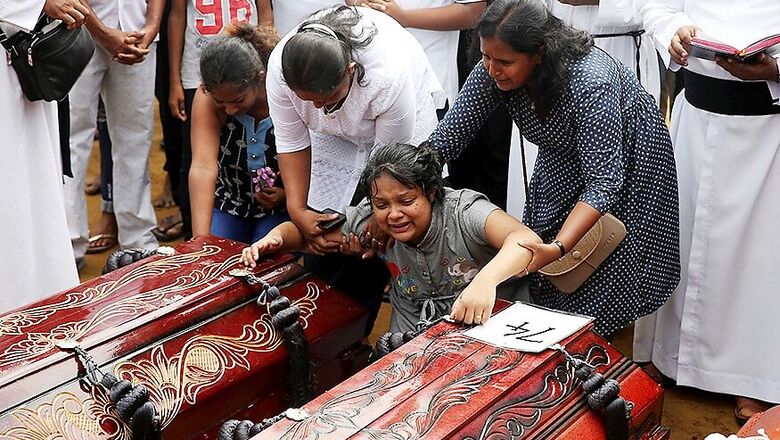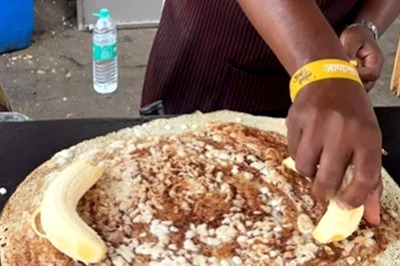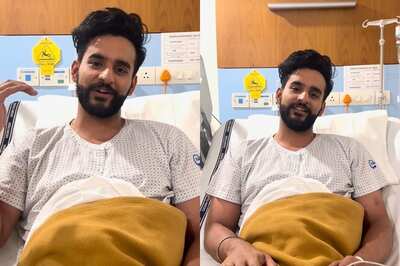
views
Colombo: “Lone wolf” attacks are still possible in Sri Lanka although the threat posed by the local Islamist extremist group NTJ has been contained, Lt Gen Mahesh Senanayake, the Commander of the Army, has said.
His statement came while testifying before the Parliamentary Select Committee (PSC) appointed to probe the negligence on part of the security establishment which led to the attacks despite the availability of prior intelligence.
“Our operations have ensured that they (National Thawheed Jamaath extremists) have been contained, but lone wolf attacks are still possible. This could come from different forms,” Senanayake said. "The entire NTJ network has been nabbed. We had intelligence who they were and we have arrested them," he said.
The PSC process which was opened for media has come under criticism for its alleged exposure of the national intelligence network. On Wednesday, the media was excluded for parts of the PSC proceedings as some sensitive areas were discussed, officials said.
President Maithripala Sirisena has expressed strong objection to the PSC. Addressing reporters on Wednesday, he slammed it as a ploy coming from Prime Minister Ranil Wickremesinghe, saying "it is a drama and I will not take part in it".
Sirisena said that as the minister of defence, he would not allow the senior security establishment to testify before it. However, assembly speaker Karu Jayasuriya took the position that it was mandatory on officials to testify if they were to be summoned to testify.
Sirisena had sacked the then chief of police and the defence ministry's top bureaucrat over the alleged ignoring of intelligence warnings.
The Opposition has blamed the attacks on the power struggle between Sirisena and Wickremesinghe, leaders of rival parties running the government.
Nine suicide bombers carried out a series of devastating blasts that tore through St Anthony's Church in Colombo, St Sebastian's Church in the western coastal town of Negombo and another church in the eastern town of Batticaloa, and three high-end hotels frequented by tourists in the country's deadliest violence since the devastating civil war with the Liberation Tigers of Tamil Eelam (LTTE) ended in 2009.
The Islamic State claimed the attacks, but the government blamed local Islamist extremist group National Thawheed Jamaath for the bombings which killed 258 people, including 11 Indians, and injured nearly 500 others.


















Comments
0 comment